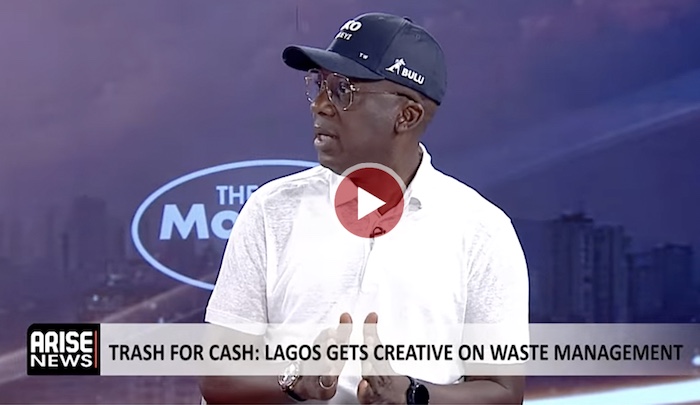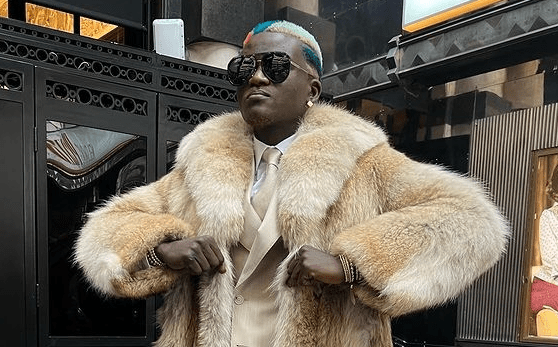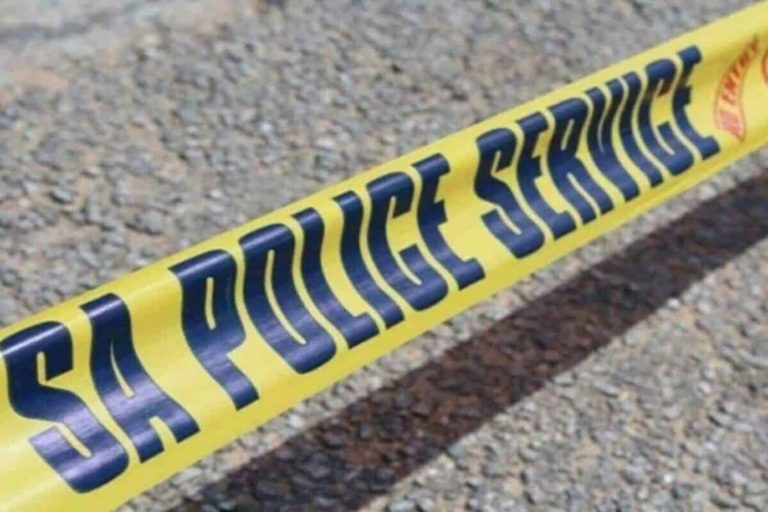

Lagos State Commissioner for the Environment and Water Resources, Tokunbo Wahab, says the state government is working to transform residents’ perception of waste through a series of sustainable initiatives designed to promote recycling, curb pollution, and improve environmental responsibility.
Speaking during an interview on Sunday, Wahab said the Lagos State Government’s ongoing “Trash for Cash” initiative under the Lagos State Waste Management Authority (LAWMA) aims to incentivise citizens to see waste as a valuable commodity rather than refuse.
“Basically, what we are trying to do is build a culture. Waste management is a culture and that culture is what we think we must start building and making our people to imbibe it. And as you go about that, you incentivise them,” he said.
Wahab revealed that Lagos generates about 13,000 tons of waste daily, noting that the United Nations Environment Programme (UNEP) once described the situation as dire.
“The government generates 13,000 tons of waste a day. And before now, we had commissioned the United Nations Environment Program and the report was very damning that, look, like 10 bottles a day to a person goes to our water body and that we must find a creative way to ban single-use plastics and styrofoam, which was why we chose to ban them last year and then mid this year,” he stated.
The commissioner said the state’s ultimate goal is to promote waste conversion for productive use. “You just pick your waste and you dump them in a dump site and that is not sustainable. It’s not environmentally friendly. And in trying to transit from that, you must see and let your citizens see waste as a resource,” he said.
“Waste can be wealth, which is what we’re trying to use that platform for. Waste can be for energy. And in the past two years, we’ve been able to put that narrative on the front burner,” Wahab added.
He called on investors to partner with Lagos in converting waste to wealth. “We’re saying to Lagosians and engineers and the global platform that, look, you can come to this state. You can help convert our waste into wealth, compost, fertilisers or recyclable plastics. You can also come to this state. We’re open to make you come and collaborate with us and use our waste to generate power, waste to energy,” he said.
According to him, the “Trash for Cash” programme runs weekly across Lagos. “That for us is an initiative that is going to be statewide… And we do it every Thursday,” he noted, adding that the project covers the five divisions of the state — Ikeja, Badagry, Ikorodu, Epe, and Lagos Island.
“The culture will now be, we are ready for you every Thursday. We weigh your waste, we pay you right there, and then you can use that money for whatever you want,” he explained.
Wahab said payment depends on the quantity of waste submitted. “It depends on what you bring forth. I can’t sit down here and tell you this is what you’re going to get paid. The scale will determine what you’re going to get paid,” he said.
On the issue of sustainability, the commissioner said waste separation must begin at home. “That separation culture must come from the home. If you go to a place like the United Kingdom, you know your blue bin is for your regular waste, the black is for paper waste, and green for others you can recycle,” he said.
“But the separation culture, like you said, must start from the home. It’s about the greens. It’s about you seeing beyond waste as trash. It’s about seeing waste as a resource. That’s what we’re trying to build as a culture,” Wahab added.
He disclosed that Lagos has entered into a partnership with a private firm to manage organic waste. “The bulk of our waste in this part of the world are composts. And that’s why I said Lagos had signed an agreement with a company called Zoom Lion. That is to convert 4,000 tons of our daily waste into compost fertilisers, which will be 55% of it. Then the remainder will be recyclable. What will end up in our landfills will be less than 5%,” he explained.
Faridah Abdulkadiri



